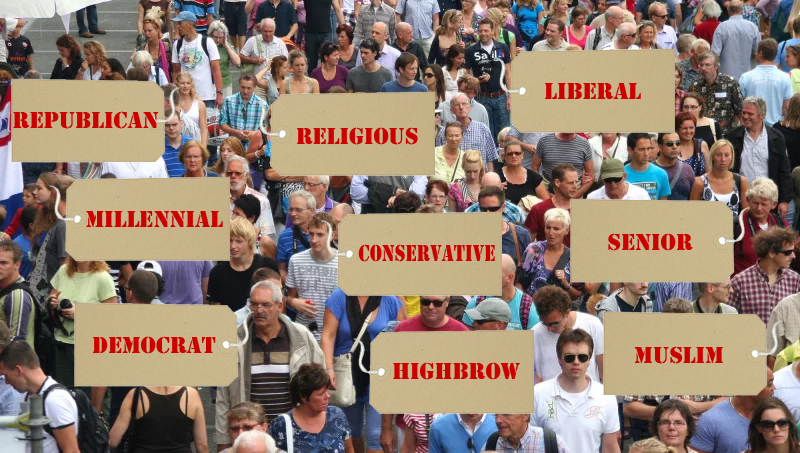We talk about Love a lot. I don’t know for sure, but I’m guessing that Love is responsible for the vast majority of words ever written by the human race, in the form of poems, plays, scripts, letters, stories, social media, emails, blogs, chats, song lyrics and more.
There are many different words for “Love” in the Greek language. Eros, Agape, Philia and other Greek words hold nuances and shades of meaning, attempting to capture this most enigmatic of emotions.
Love is proved in deeds. Not words.
Yes, there are many words about Love. But no matter how eloquent those words may be, no matter how inspiring, tender, uplifting, intimate or cherished, one truth remains:
Love is NOT a word.
If you want to know Love, don’t look to what someone says. Look to what they do. Anyone can say, “I love you,” but the only way you will know whether or not it’s true is by their actions. Love is proved in deeds. Not words.
Love is helping someone move, packing and carrying heavy stuff.
Love is emptying your checking account and maxing out your credit card to help a friend in an emergency.
Love is giving someone a ride when they don’t have a car.
Love is fixing comfort food when you know your partner is weary in body and spirit.
Love is standing with a friend as they try to change their life, supporting them and not letting them fall. Even if that means you have to nag them to make sure.
Love is standing with them even if they do fall… and loving them anyway.
Love is speaking hard truth to someone who needs to hear it.
Love is figuring out ingenious and amusing scripts, just so that other people can have fun here.
Love is outfitting this virtual world with the best possible technology, just so that other people can have a home here.
Love is spending countless hours bending technology to one’s will, just so that other people can enjoy this virtual world.
Love is taking the time to make tons of great content and then giving it away for free, just so that other people can build their dreams here.
Love can be as simple as a smile and an affectionate touch when someone needs it.
Love is honoring what’s important to your friend even if it’s not important to you.
There are many other examples but I think you have the idea.
Love is not a word. Love is an action.
I am blessed to have a lot of love in my life. And for the past 12 years, I have seen a whole lot of love here in Littlefield Grid. Thank you to the grid admins for their loving care of my virtual home, and thank you to every Littlefield resident for all the love and energy you bring to our world!
Little children, let us love, not in word or speech, but in truth and action. –1 John 3:18




 In summary: good conversation is about good listening—focusing your attention on the other person.
In summary: good conversation is about good listening—focusing your attention on the other person.






